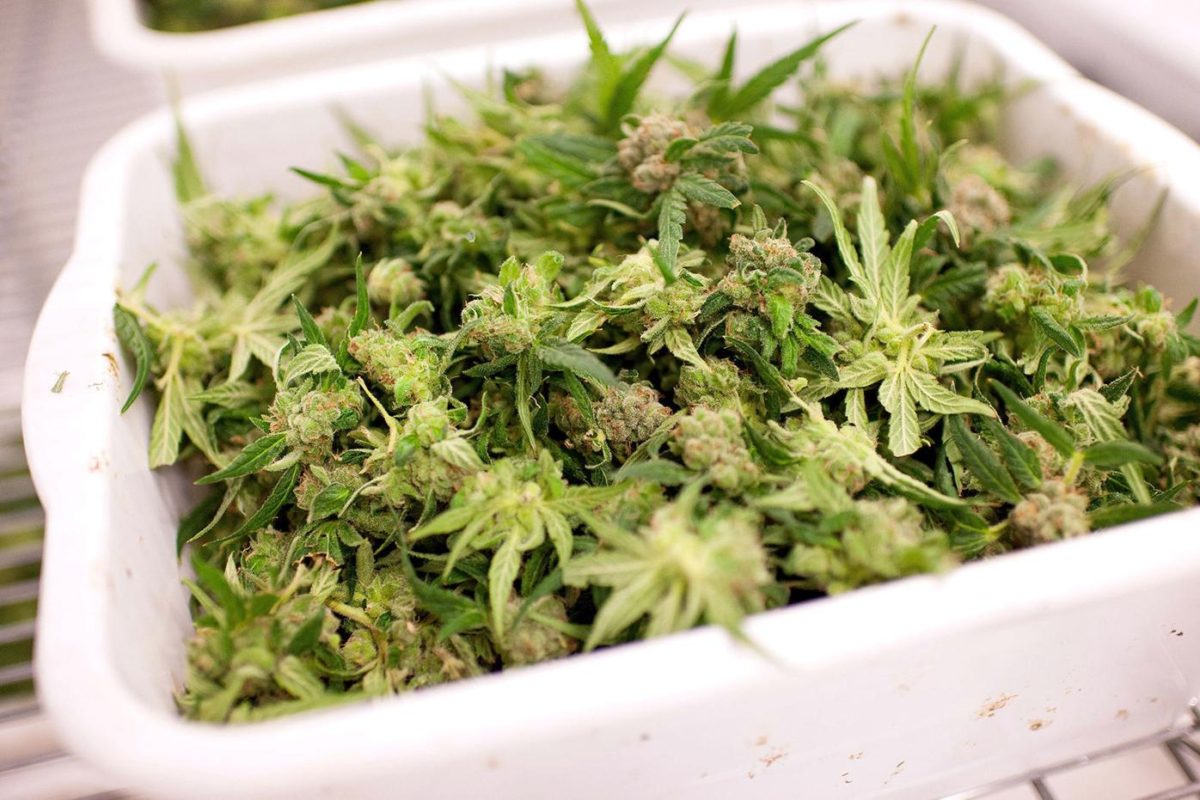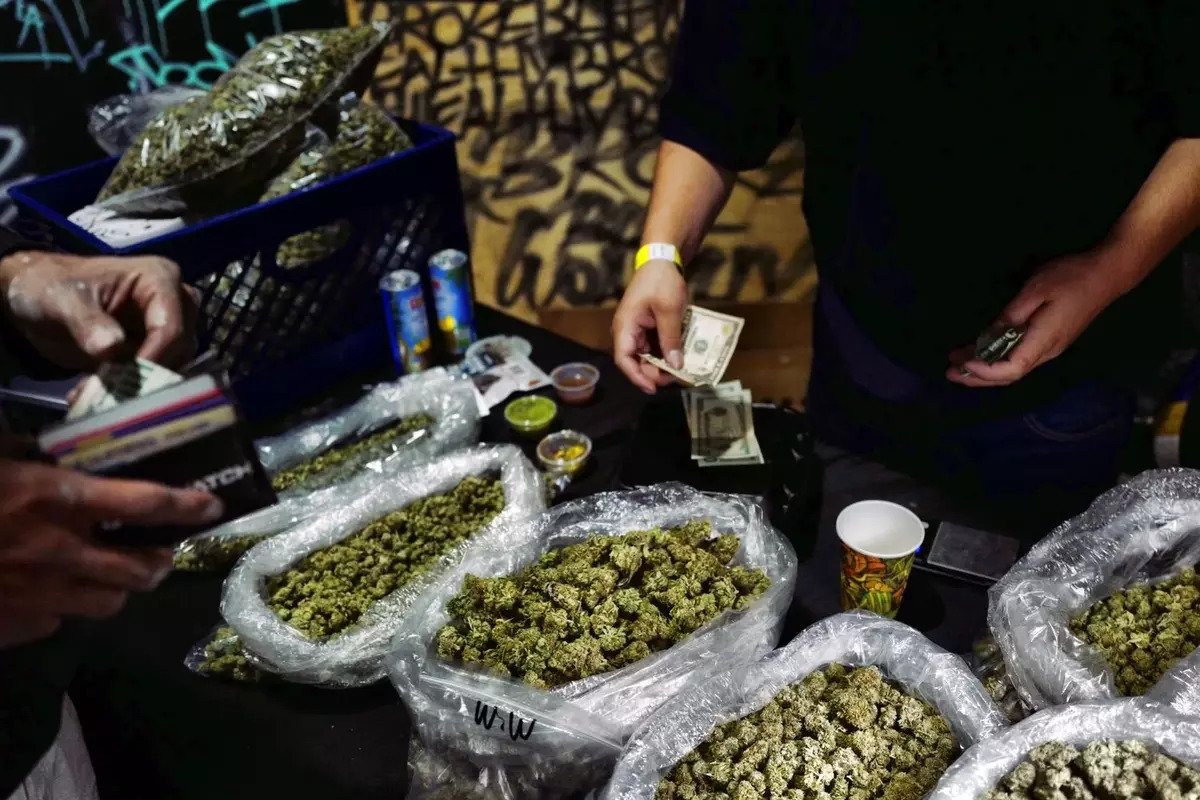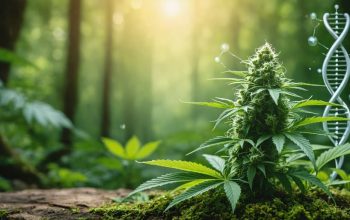Canada made a historic feat on October 17, 2018, after it legalized the federal use of cannabis in adults. It made Canada the first G7 nation across the United States to legalize marijuana.
It was made possible through the amendment of the Cannabis Act. The law controls the possession, sale, distribution, and production of cannabis in Canada.
The law enables Canadian citizens 18 years and above to:
- Make cannabis drinks, food, and other products at home as long as they don’t add organic solvents in the process.
- Each residence can plant up to four cannabis plants from licensed seedlings or seeds exclusively for personal use.
- Buy cannabis oil and fresh or dried cannabis from licensed local sellers or online from producers who have federal licenses.
- Share with other adults up to 30 grams of cannabis.
- Possess a legal amount (30 grams) of dried cannabis or its equivalent amount if non-dried.

Cannabis was outlawed from 1923 to 2018; therefore, the process of legalization took almost a century.
In Canada, marijuana has been authorized for medical use since 2001. Recreational use was legalized in 2018, and legalization 2.0, which included the introduction of edibles, beverages, concentrates, topicals, and vapes, followed in 2019. Although the cannabis business expanded significantly in 2019, dried flower continues to be the most widely used cannabis product type.
The federal Cannabis Act in Canada regulates the legalization of marijuana, although each province and territory is free to impose its limitations. This implies that the age of majority, the accessibility of particular goods like vapes and edibles, and the rights to personal production might all vary based on the region’s laws and regulations governing cannabis.
For instance, Quebec, like Manitoba, maintains stringent restrictions on the kinds of edibles allowed and forbids residents from cultivating marijuana at home.
Advocacy After Cannabis Legalization
Despite being a big step, legalizing cannabis in Canada could not reverse the harm done by prohibition, especially for marginalized and at-risk communities disproportionately affected by law enforcement.
After cannabis became legal, some 500,000 Canadians held criminal records for possession of the drug and other convictions that are no longer legitimate. Communities and the legal cannabis industry benefit from efforts to promote justice reform and a just business environment.




